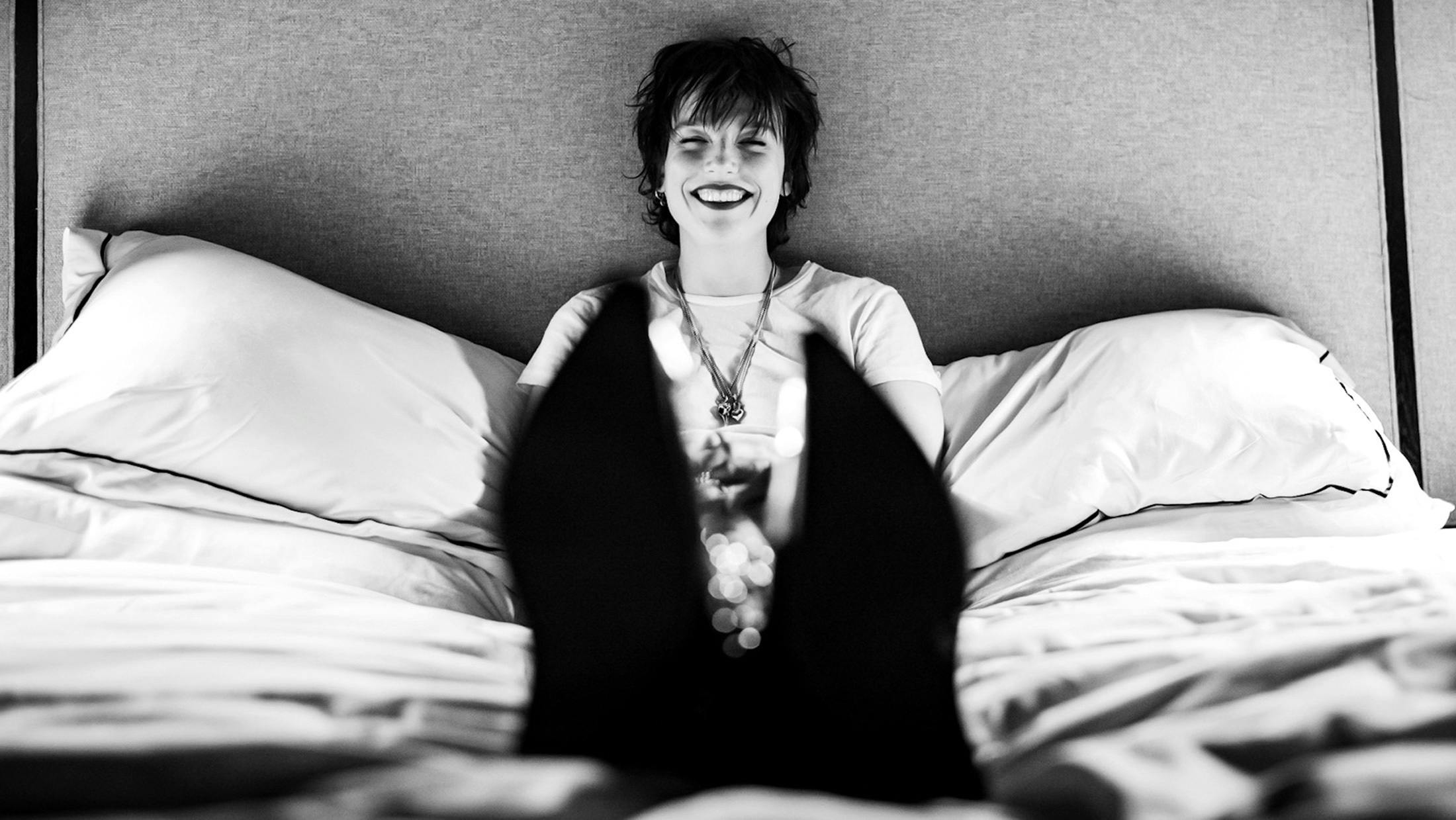The rock’n’roll lifestyle comes with many potential pitfalls and no guarantees of success.Were you or those around you ever concerned?
“We started young, but set a pace for ourselves. We were very DIY. Our success was built on whether or not we were working hard, so by the time things started to break for us we were prepared. A couple of years ago, my mum and dad confessed they were terrified at the time, though they never let on. When I was writing Dear Daughter [from 2015 album Into The Wild Life] I spoke to them for research. They said they could see in my eyes that I was always going to be in a band anyway, so they might as well support me.”
How did you feel learning that?
“I thanked them for being brave enough to support me. I had to think, ‘If, or when, I have a daughter, would I be brave enough to say yes to whatever it is her heart desires?’ It was definitely a powerful conversation.”
When you made your self-titled debut album in 2009, fires, mudslides and earthquakes were raging during its creation. Did it feel like the elements were against you?
“It really did feel like the entire world was against us showing what we could do! There were the environmental elements, but there were also a lot of industry changes going on in the background and peers and friends were getting dropped, left and right. Every time something like that happened, the band would go to the corner store and get an awful $5 bottle of champagne, to celebrate doing what we were doing together. We ended up writing a song on the next record [2012’s The Strange Case Of…], called Here’s To Us, in tribute to that. The times we’ve broken down on this Halestorm highway are the times we talk about, because that’s what separates the men from the boys, so to speak.”
There have been gearshifts on the ‘Halestorm highway’, like winning a GRAMMY for Love Bites (So Do I). How did that change your life and ambitions?
“The GRAMMY was a huge milestone for us, because it was something me and Arejay joked about as kids, obviously never expecting to be on their radar, let alone win. Winning a GRAMMY proved that we might be crazy for being in this band, but it definitely wasn’t a stupid idea to have started it.”
With fourth album Vicious in 2018, you suggested it was the first time you could truly hear all four quarters of Halestorm. Have there been times you’ve been frustrated with being the chief focal point?
“Every step of the way we’re fighting to be ourselves, and to be the best four pillars of this band we can be. In the past we’ve had people try to pit us against each other, like telling me I should lose the rest of the band and go solo, or that my brother wasn’t good enough. We understand that if one of the four goes, it’s no longer Halestorm anymore. That’s another reason I love playing live, because we’re all there representing ourselves, individually and as a collective, without backing tracks or trickery.”
